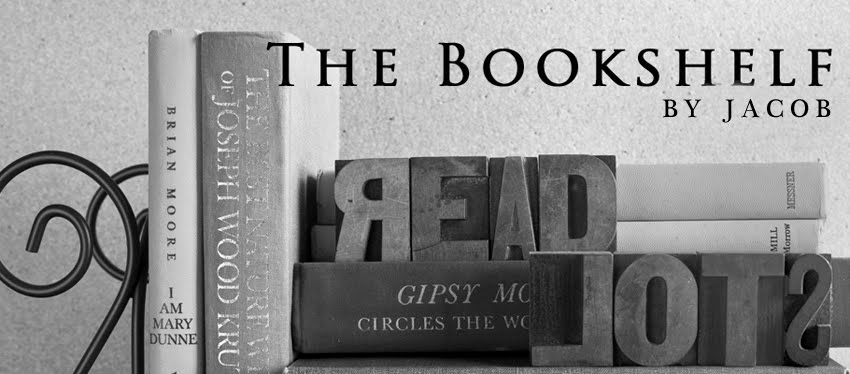The readers of the newly redesigned The Bookshelf have voiced their opinions; the results to Poll #8 are in! Poll #8 addressed the topic of the ever-debatable and ever-changing market of eBooks and eReaders. I imagine everyone understands what eReaders and eBooks are by now, but for the theoretical few that may not, this previous post might be handy to you.
 |
| Amazon Kindle |
My views on eReaders and eBooks are mixed. On the one side, paper will always be my most favorite form of book. I enjoy holding the book in my hands, feeling the cover, turning the pages, and easily jumping from the front of the book to a page in the back. However, on the other side of my mind, the defendant side, I truly recognize that the material, the words, and the story are not at all different in the eBook format than the paper format. I also recognize that eReaders and eBooks aren’t leaving any time soon – they’re too popular to just stop existing one day. It is my hope that the paper book will share that same outcome. I do not think paper books will become obsolete because paper books have been around for thousands of years. The Amazon Kindle, the most popular eReader, was first released in 2007, just four years ago. I believe that a world with equal parts e- and paper books would be perfect.
Time for the poll results!
The question: What are your views on eReaders and eBooks?
And the results:
- They are the way of the future! Paper books are the past! 3 votes, 12%
- They're nice, but paper books are better. 12 votes, 50%
- I think both eBooks and paper books are excellent! 4 votes, 16%
- eBooks and eReaders are horrible! 2 votes, 8%
- I've never read an eBook, so I'm not sure. 3 votes, 12%
 |
| Nook Color |
The clear winner is option number two, “eBooks = good, paper books = better”. Second place, and my personal opinion, is “eBooks = paper books = excellent!” Tied for third was “eBooks > paper books” and “eBooks = ?” Interestingly, there were only two votes for “eBooks are D:< ” compared to the three votes that “eBooks are :D” received. I like that option number two won because it says that both e- and paper books are good, but that eBooks and eReaders will need much improvement until they reach the level of awesome that is reserved for paper books.
Thank you so much for the total of twenty-four (twenty-four!) votes! Unfortunately, there will be no polls in August. But don’t fear! August will be filled with a great deal of reviews, recommendations, summaries, and news! A new poll, topic yet to be revealed, will be published in mid-September.
– Jacob

















